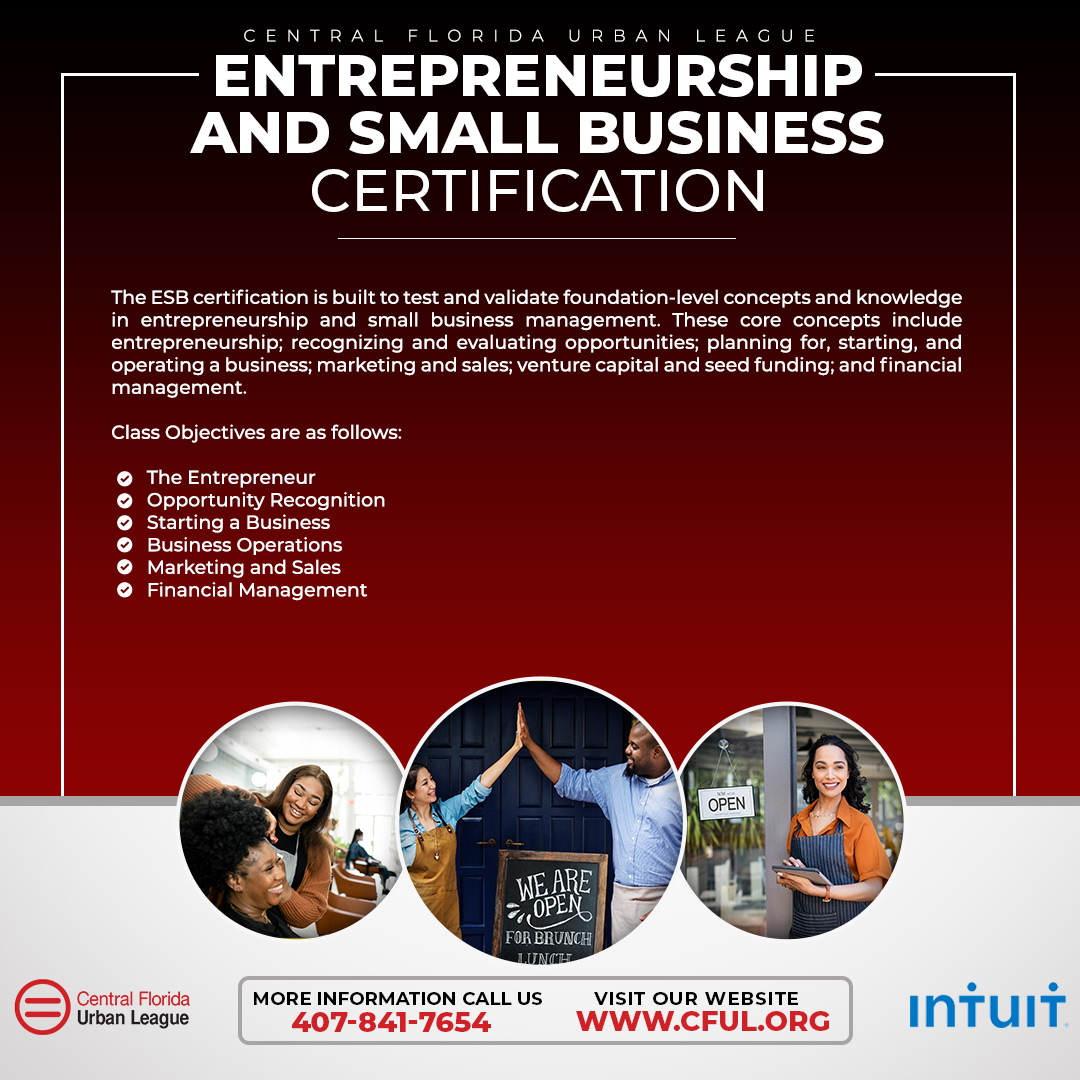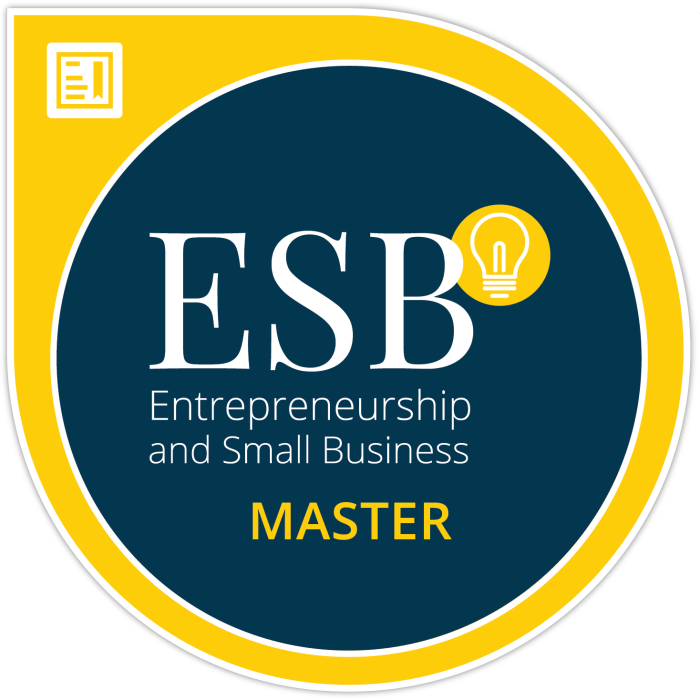Delving into the realm of entrepreneurship and small business certification exam answers, this comprehensive guide provides an in-depth analysis of the significance, content, preparation strategies, structure, sample questions, tips, and additional resources associated with these crucial exams.
Elucidating the intricacies of these certifications, this guide empowers aspiring entrepreneurs and business owners with the knowledge and strategies to excel in their certification endeavors, unlocking a world of opportunities for business growth and success.
1. Introduction

Entrepreneurship and small business certification exams provide individuals with the knowledge and skills necessary to succeed in starting and managing a business. These certifications demonstrate proficiency in various aspects of business operations, including finance, marketing, and management.
Obtaining these certifications offers several benefits, such as enhanced credibility, increased job opportunities, and improved business performance. Certified individuals are recognized as experts in their field, making them more competitive in the job market and giving their businesses a competitive edge.
2. Exam Content Analysis

Certification exams typically cover a comprehensive range of topics related to entrepreneurship and small business management. These include:
- Business planning and development
- Marketing and sales strategies
- Financial management
- Human resource management
- Operations management
Specific areas of knowledge tested may vary depending on the specific certification, but they generally focus on the essential principles and practices of business management.
3. Exam Preparation Strategies: Entrepreneurship And Small Business Certification Exam Answers
Effective exam preparation requires a comprehensive study plan. Here are some strategies:
- Review the exam blueprint to identify key topics and allocate study time accordingly.
- Utilize study materials such as textbooks, online courses, and practice exams.
- Break down large concepts into smaller, manageable chunks for better retention.
- Engage in active recall techniques such as flashcards and self-testing.
- Create a study schedule that allows for regular review and spaced repetition.
4. Exam Structure and Format

Certification exams vary in structure and format, but they generally consist of multiple-choice questions, case studies, and essay questions. The number of questions, time limits, and question types can vary.
Multiple-choice questions typically test basic knowledge and understanding of concepts. Case studies require candidates to analyze real-world business scenarios and apply their knowledge to solve problems. Essay questions assess candidates’ ability to synthesize information and articulate their thoughts clearly.
5. Sample Exam Questions
| Question | Correct Answer | Explanation |
|---|---|---|
| Which of the following is a key element of a successful business plan? | Executive summary | The executive summary provides an overview of the business plan and its key points. |
| What is the difference between a target market and a niche market? | Target market is broader, niche market is more specific | A target market is the entire group of customers a business aims to reach, while a niche market is a specific segment of the target market with unique needs and preferences. |
| What are the three main financial statements? | Balance sheet, income statement, cash flow statement | These statements provide a comprehensive view of a company’s financial health and performance. |
6. Exam Tips and Tricks
To maximize exam performance, consider the following tips:
- Manage time effectively by allocating it wisely to different sections of the exam.
- Read instructions carefully to ensure you understand the requirements of each question.
- Eliminate incorrect answer choices to increase your chances of selecting the correct answer.
- If you are unsure about an answer, mark it for review and return to it later.
- Stay calm and focused throughout the exam, and don’t panic if you encounter challenging questions.
- Online forums and discussion groups
- Study groups and workshops
- Professional development courses
7. Additional Resources

In addition to the exam materials provided by the certifying body, there are several resources available to support your preparation:
Success stories and testimonials from certified individuals can also provide valuable insights and motivation.
FAQs
What are the benefits of obtaining entrepreneurship and small business certifications?
Entrepreneurship and small business certifications demonstrate a commitment to professional development, enhance credibility, expand business networks, and provide a competitive edge in the marketplace.
How should I prepare for the entrepreneurship and small business certification exams?
Effective exam preparation involves creating a comprehensive study plan, utilizing diverse study materials, practicing time management techniques, and seeking support from mentors or study groups.
What is the structure and format of the entrepreneurship and small business certification exams?
The structure and format of these exams vary depending on the specific certification, but typically include multiple-choice questions, essay questions, and case studies.